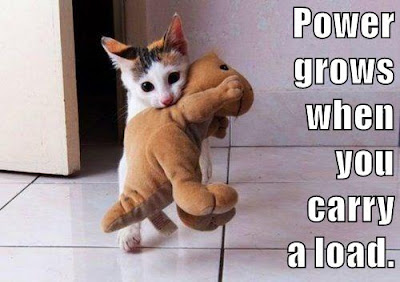As you can see, there is a lot of overlap between Jackie Gerstein's illustration of the many skills of today's learners with the growth mindset, especially curiosity and imagination, hope and optimism, self-regulation, vision, agility and adaptability, and resilience:
(visit the blog post for the full-sized version)
effective oral and written communication
* do you provide learners with lots of opportunities to speak and write using their own unique and genuine voices?
* do you help learners create focus, energy, passion around the oral and written communications they want to make?
collaboration across networks
* do you facilitate global communication and collaboration with your learners?
* do you give learners opportunities to collaborate face-to-face and virtually?
* do you assist your learners in developing their own personal learning networks?
agility and adaptability
* do you accept change as normal and natural, and assist your learners in doing so too?
* are you and your learners flexible?
* do you and your learners use a variety of tools to solve new problems?
grit
* do you give learners opportunities to work on long-term, complex projects?
* do you assist learners in identifying and acknowledging the rewards of persevering through tough times?
resilience
* do you help learners see failures as opportunities for growth?
* do you encourage and reinforce learners' own innate resiliency?
* do you ensure that each and every learner knows "You Matter"?
empathy and global stewardship
* do you provide learners with opportunities for perspective-taking?
* do you assist learners in understanding the interdependence of all living systems?
* do you create opportunities for learners to put empathy into action, engage in pro-social behavior intended to benefit others?
vision for the future
* do you give learners the time, resources, and opportunity to identify and pursue their dreams?
* do you assist learners in developing the steps and strategies needed to achieve their dreams?
self-regulation
* do you model and assist learners in developing and understanding their own metacognitive processes?
* do you help learners develop their own ability to self-motivate?
* do you assist learners in reflecting on and evaluating their learning experiences?
hope and optimism
* do you model, teach, reinforce positive self-talk? a can-do attitude?
* do you assist learners in enhancing their personal agency thinking?
* do you expose learners to stories that portray how others have succeeded or overcome adversity?
curiosity and imagination
* do you promote, encourage, and reinforce inquisitiveness?
* do you encourage your learners to add their own "personal touches" to their learning experiences?
initiative and entrepreneurialism
* do you assist learners in becoming involved in meaningful work?
* do you provide opportunities for learners to take risks, take their own initiative to do things?
critical thinking and problem-solving
*do you promote and reinforce doing things that haven't been done before, where you and your learners have to rethink or think anew?
* do you ask learners to generate and ask their own unique essential questions?











